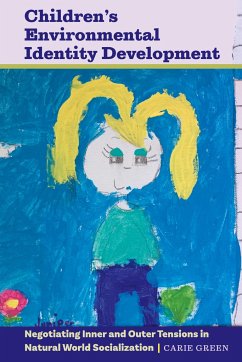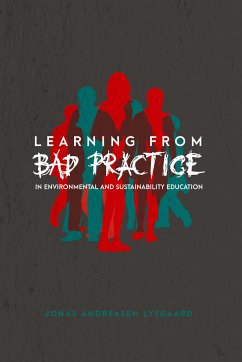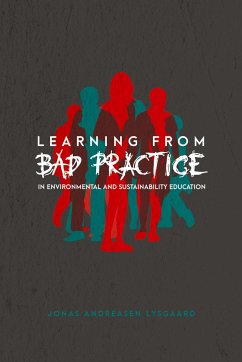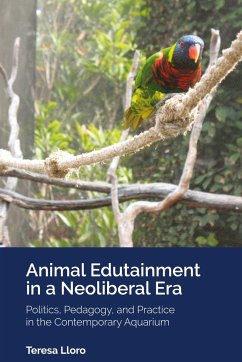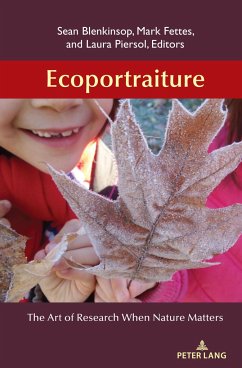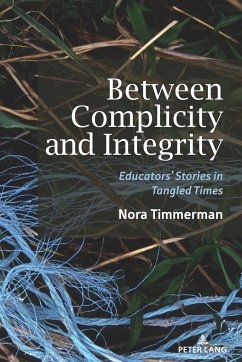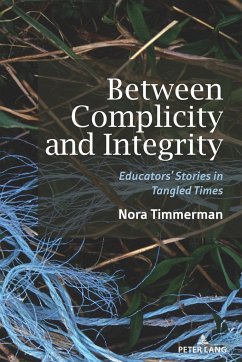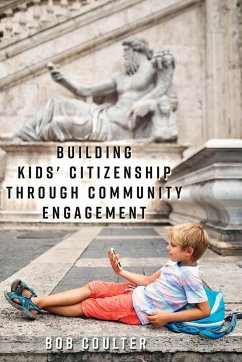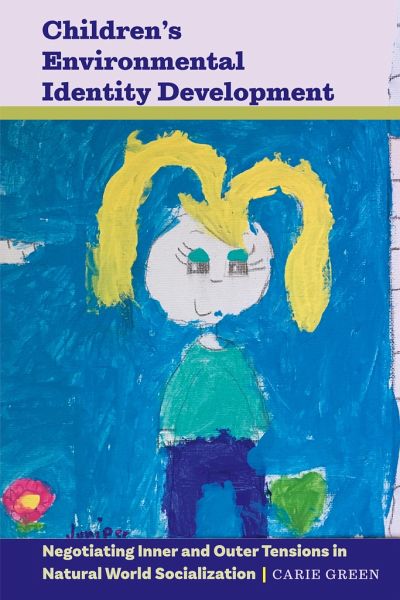
Children's Environmental Identity Development
Negotiating Inner and Outer Tensions in Natural World Socialization
Herausgegeben: Russell, Constance; Dillon, Justin
Versandkostenfrei!
Versandfertig in 6-10 Tagen
44,75 €
inkl. MwSt.
Weitere Ausgaben:

PAYBACK Punkte
0 °P sammeln!
Children's Environmental Identity Development: Negotiating Inner and Outer Tensions in Natural World Socialization draws inspiration from environmental education, education for sustainability, environmental psychology, sociology, and child development to propose a theoretical framework for considering how children's identity in/with/for nature evolves through formative experiences. The natural world socialization of young children considers not only how the natural environment affects the growth and development of young children but also how children shape and influence natural settings. Such ...
Children's Environmental Identity Development: Negotiating Inner and Outer Tensions in Natural World Socialization draws inspiration from environmental education, education for sustainability, environmental psychology, sociology, and child development to propose a theoretical framework for considering how children's identity in/with/for nature evolves through formative experiences. The natural world socialization of young children considers not only how the natural environment affects the growth and development of young children but also how children shape and influence natural settings. Such childhood relations with the environment are explicitly linked to familial, sociocultural, geographical, and educational contexts. While the book is theoretical and will be of interest to academics and students, the use of accessible language, vignettes, and figures will make it useful to teachers, policy-makers, parents, and others genuinely concerned with children's relationships with other humans and the natural world.





